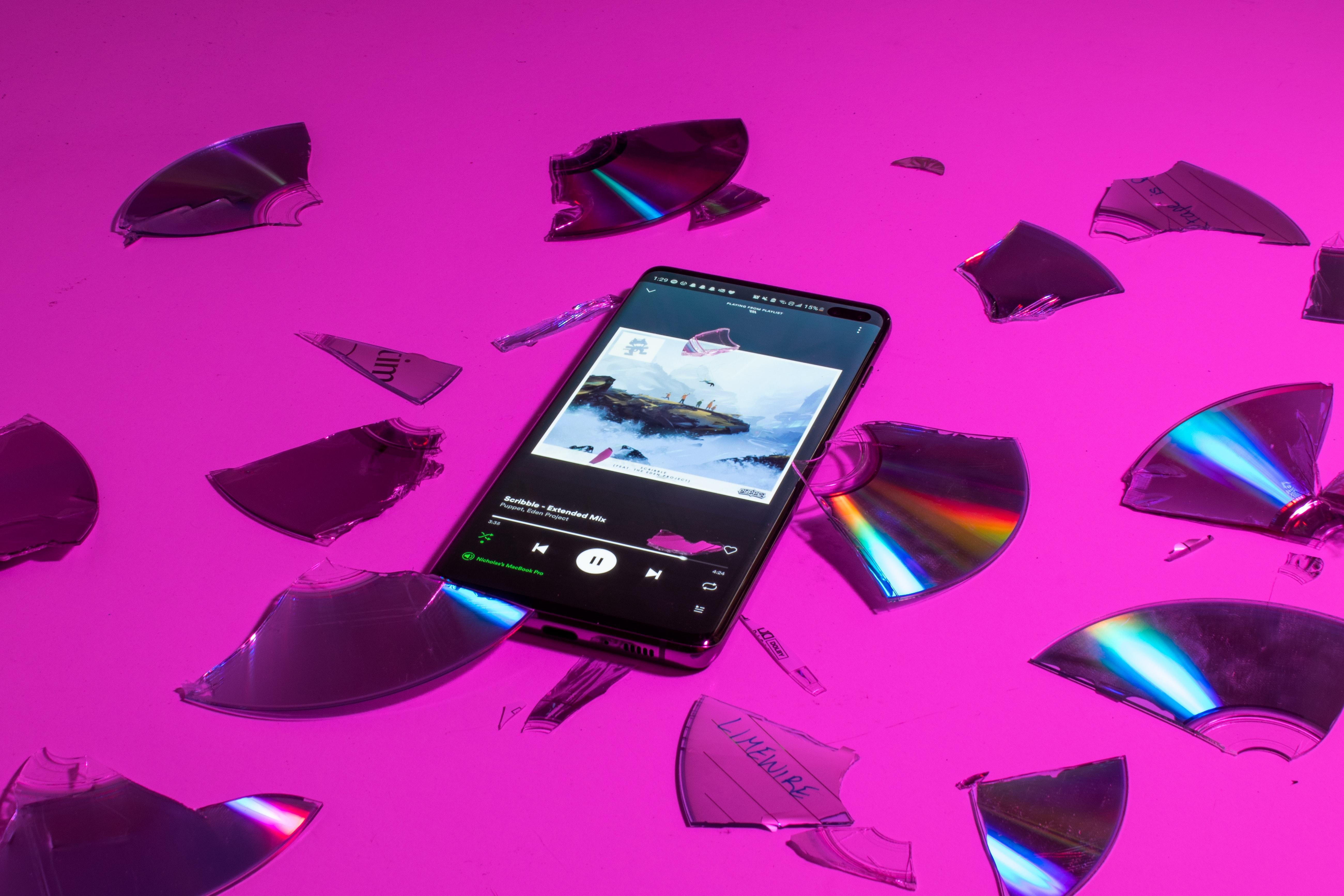
Theory of Evolution in Innovation
July 15, 2021
Darwin's theory of evolution works for products
How long a product can last on the market is a game of survival. And acquiring customers is like hunting for food in wild life. Once there is no customer paying for the product, the product can not survive anymore. Like in a wild life, the product will be extinct if the product does not match the market needs. And the product constantly needs to adjust to the changing market environment to prolong. Business is just like a wild animal living a wild life.
In Darwin's theory of evolution, new species will arise as those survive from natural selection by gradual evolution. Products also evolve by continuous updates. Usually, products will be updated by listening to the needs of customers. It is just as if species are evolving to be able to get more food. Products also evolve to be able to get more customers. If the product evolves in the wrong way due to misunderstanding the needs of customers, the product will be kicked out from the market like natural extinction.
USP might not be that important in the early stage
Unique Selling Point, also known as USP, is said to be one of the key factors for innovation or startups to succeed. Before I proceed, let me disclaim that this is only my theory. I'm starting to believe that USP is not that important in the really early stages of developing a product. As long as there are customers willing to use the product and be happy about using it, being different from other products doesn't really matter. If customers love the product, they would always wish to expand the usage of the product.
Seth Godin said in this video that "Our goal isn't to touch everyone, our goal is to touch someone, to change someone, just one person. If you get good at that, do 5, then do 100." He might be implying this to marketing strategies, but I believe it is indeed true for a product as well. In fact, as this Forbes article shows, the number one reason why a startup fails is the lack of market needs. Finding initial customers is the most important and crucial factor for the success of a product or innovation. In the same way, the existence of competitors doesn't matter as long as there are customers who love to use the product.
If there are customers, by listening to their needs, the product will start to evolve. And this evolution eventually leads to a product having USP. In many cases, the needs of customers are quite creative which a developer never thought of. And this awareness of unique needs of customers will make the product different from others.
Just like Darwin's finches
Darwin's finches is a discovery by Darwin on the Galapagos Islands that there were different types of finch species on each island. He discovered that each finch species had a different type of beak depending on the availability of the food on its island.
Products will evolve in different ways depending on its location since the needs of customers will be different by each location. Localization is one significant example of product evolution by location. Creating apps in traditional Chinese might suit Taiwanese customers but apps with only traditional Chinese user interface will not make Japanese customers happy. This app may win the competition in Taiwan but it would be difficult to expand its business in Japan if the app doesn't have any Japanese user interface. However, if a company just focuses on selling their app in Taiwan, having a traditional Chinese user interface is already a unique feature even if there are similar solutions in the US or Japan.
Language is one of the significant differences between locations. But in reality, there are many other differences in business cultures or regulations by location. Therefore, just focusing on the customers in a specific location will make the product different from others.
Solution is unlimited
Let's say a person wants to go to a destination B from location A. What would be the best way to go? The answer to this question can vary depending on the intention of this person. If the person is rushing to go to the destination, a taxi might be the best solution. But if the person wants to go to a destination with a cheaper price, maybe the person would prefer to take a bus. If the person wants to be healthy, the person may decide to just walk. In addition to the method to go to the destination, the route to the destination can also vary depending on the solution.
All the solutions above will solve the issue of moving from A to B. However, the best solution would be different by the intention of the person and there is no universal solution. Some solutions may fit to one but may not fit to others. Therefore, we need to be aware that it is impossible to create a product which will fit all. I believe the important matter is to evolve the product in which the current customers would be happy. And as the product evolves, it should become a unique product like Darwin's finches.
Follow customers
According to this presentation on customer experience, 72% of the customers will share with 6 or more people about their happy customer experience. If the solution makes customers happy, those experiences will be spread automatically. Unlike Darwin's age, today, information can be spread anywhere around the world. Hence, if the product is good enough, there would be a good chance for product information to reach people in different locations. Of course the condition would be for the product to match the needs of different locations not only for localization of user interface but also some features to fit the location's needs. As the product evolves further by listing the needs of customers in a new location, the product will then have the chance to go to a new location. Eventually, the business of the product will expand globally.
It is possible for a company to try to expand its product to different locations artificially. In that case, the company needs to start from finding the first customer in that location and needs to expand step by step. However, since there are many countries around the world, it would be difficult to predict the best fit location. Rather than doing so, I believe focusing on responding to the needs of the current customers and letting the customers lead to different locations will have a better chance of success.
Conclusion
I think the most important part about innovation is to focus on the customer who is in front of you. Rather than trying to figure out the needs of unknown places, listening to the current customers and making those people happy will evolve the product and make it unique. This may not be the fastest way but I'm confident that it is a promising way.
喜歡這篇文章嗎?歡迎分享出去!






